Thank you Dr. Jane Goodall. Thank you.
This one is going to blow past the email length limit so for the full post, click/tap through using the title above. Lots of photos and quotes from the amazing Dr. Jane Goodall.
Several days ago, we lost one of the most courageous, strong, and beautiful people in the world. Not a politician, a sports/movie star, or an internet “influencer.” Instead a quiet but brilliant woman who was (and through her books and videos) and will continue to be a voice for hope and a voice for protecting the natural world all around us. Dr. Jane Goodall died on Wednesday at the age of 91 after spending the majority of her life learning from the natural world and then living as an advocate for it. She was and is an inspriation to me and I greive the loss of her vital voice. In remembering her, I wanted to share some quotes from a book of hers that is deeply meaningful to me. It is titled, The Book of Hope: A Survival Guide for Trying Times and it is a recouting of a conversation between her and author Douglas Adams.1Part of the book is a series of chapters on her reasons to still hold to hope and she gives four reasons:
The amazing human intellect
The resilience of nature
The power of young people
The indominatable human spirit
She’s absolutely right on all of those even though at times I do question at least the first one. The book is not only beautiful and encouraging but also challenging about how we engage the very real challenges that we face in the world right now.
But today, I simply want to share some quotes that were especially meaningful to me interspersed with some of my photos the last few days (and two from about 14 years ago). Some of the quotes, such as this first one reflect the conversation between Dr Goodall and Mr Adams - her quotes are in bold.
The first though is one I want to share without a photo. They are the end of a letter from Dr. Goodall to the readers of the book. I cannot print the whole letter but I do want to share this.
Yes, we can, and we will—for we must.
Let us use the gift of our lives to make this a better world. For the sake of our children and theirs. For the sake of those struggling in poverty. For the sake of the lonely. And for the sake of our brothers and sisters in the natural world—the animals, the plants, the trees. Please, please rise to the challenge, inspire and help those around you, play your part. Find your reasons for hope and let them guide you onward.2
Onto the others…
“So what actually is hope—an emotion?”
“No, it’s not an emotion.”
“So what is it?”
“It’s an aspect of our survival.”
“Is it a survival skill?”
“It’s not a skill. It’s something more innate, more profound. It’s almost a gift. Come on, think of another word.” “
‘Tool’? ‘Resource’? ‘Power’?”
“‘Power’ would do. ‘Power’—‘tool.’ Something like that. Not a power tool!”
I laughed at Jane’s joke. “Not a drill?”
“No, not an electric drill,” Jane said, laughing, too. “A survival mechanism…?” “Better, but less mechanical. A survival…”
Jane paused, trying to come up with the right word. “Impulse? Instinct?” I offered
“Actually, it’s a survival trait,” she finally concluded. “That’s what it is. It is a human survival trait and without it we perish.”
If it was a survival trait, I wondered why some people had more of it than others, if it could be developed during particularly stressful times, and whether she had ever lost it.3
“You won’t be active unless you hope that your action is going to do some good. So you need hope to get you going, but then by taking action, you generate more hope. It’s a circular thing.”4
“The naturalist,” Jane said, “looks for the wonder of nature—she listens to the voice of nature and learns from nature as she tries to understand it. Whereas a scientist is more focused on facts and the desire to quantify. For a scientist, the question is, ‘Why is this adaptive? How does it contribute to the survival of the species?’ “As a naturalist, you need to have empathy and intuition—and love. You’ve got to be prepared to look at a murmuration of starlings and be filled with awe at the amazing agility of these birds. How do they fly in a flock of several thousand without touching at all, and yet have such close formations, and swoop and turn together almost as one? And why do they do it—for fun? For joy?” Jane looked up at the imagined starlings, and her hands danced as if they were a flock of birds rippling through the sky.5
“So why do I feel hopeful? Partly, because I’m obstinate. I just won’t give in.”6
“It is important to take action and realize that we can make a difference, and this will encourage others to take action, and then we realize we are not alone and our cumulative actions truly make an even greater difference. That is how we spread the light. And this, of course, makes us all ever more hopeful.”7
“We need a new universal moral code.” Jane suddenly laughed. “I’ve just thought—every single major religion gives lip service to the Golden Rule—Do unto others as you would have them do unto you. So it’s easy—there’s our universal moral code. We just have to find a way to persuade people to honor it!” And then she sighed. “It does seem impossible, doesn’t it, given all our human failings. Greed. Selfishness. Lust for power and wealth.”8
“First—we must alleviate poverty. If you are living in crippling poverty, you will cut down the last tree to grow food. Or fish the last fish because you’re desperate to feed your family. In an urban area you will buy the cheapest food—you do not have the luxury of choosing a more ethically produced product.
“Second, we must reduce the unsustainable lifestyles of the affluent. Let’s face it, so many people have way more stuff than they need—or even want.
“Third, we must eliminate corruption, for without good governance and honest leadership, we cannot work together to solve our enormous social and environmental challenges.
“And finally, we must face up to the problems caused by growing populations of humans and their livestock. There are over seven billion of us today, and already, in many places, we have used up nature’s finite natural resources faster than nature can replenish them. And by 2050 there will apparently be closer to ten billion of us. If we carry on with business as usual, that spells the end of life on Earth as we know it.”9
“Of course, a great deal of our onslaught on Mother Nature is not really lack of intelligence but a lack of compassion for future generations and the health of the planet:”10
“...there seems to be a disconnect between our clever brain and our compassionate heart. True wisdom requires both thinking with our head and understanding with our heart.”11
“Do you have hope that we can find our way back to the wisdom of nature?” I asked
“Yes, I do, but again, without head and heart working together, without cleverness and compassion, the future is very grim. But hope is essential, for without it, we become apathetic, and we will continue to destroy our children’s future.”12
“...not only are we part of the natural world, not only do we depend on it—we actually need it. In protecting these ecosystems, in rewilding more and more parts of the world, we are protecting our own well-being. There’s lots of research proving this—but it is something that is incredibly important for me. I need time in nature—even if it’s just sitting under a tree or walking in these woods or hearing a bird’s song—to give me peace of mind in a crazy world!13
“Whenever you give her a chance, nature returns.”14
In this quote Dr Goodall is sharing about an experience of an older whale coming up next to a boat she was on...The two photos below are of whales we saw in Alaska in 2011.
“The grandmother whale’s head popped up next to our boat as the swirling, bubbling water spilled away. She raised her chin toward the rail of our boat, and we began to stroke her silvery skin. Aside from the barnacles, her skin was smooth and spongy, as we could feel the soft blubber beneath. As we stroked her she rolled to her side, opening her mouth and showing us her baleen, a sign of relaxation. And then she looked at us with one of her beautiful eyes. What she could see of us as we stared down at her from the boat, smiling and laughing, I had no idea, but it was clear she felt safe and wanted to connect in these bays, where possibly during her lifetime we had almost exterminated her kind. I felt so moved that tears were rolling down my cheeks. “Our guide was in the background saying, ‘This whale has forgiven us. She has forgiven us for who we were and is seeing who we are today.’”15
“There is a famous saying,” Jane continued. “‘We have not inherited the Earth from our ancestors but borrowed it from our children.’”16
“I was just thinking about how disaster and danger can bring out the best in people. World War Two created so many heroes, those who risked their lives to save their comrades or their battalions—all those Victoria Crosses for bravery. So many of them awarded posthumously. The resistance fighters, men and women, who went undercover to fight the Nazis in any way they could—and, by the way, many of them were Germans. And when they were discovered, they so often refused to give away the names of others in the network, even when they were tortured. I used to lie awake, feeling sure I would not have the courage to keep silent while my fingernails were torn out, praying I would never be put to the test. And there were all those who risked their lives to help the Jews escape or hid them in their homes. And the quiet heroism of the citizens of London who endured the Blitz and helped each other. They displayed their grit and Cockney sense of humor day after day as their houses were destroyed around them.”17
This next quote reminded me of one of my favorite poems - A Portable Paradise by Roger Robinson. Below the quote, I link to a reflection and photo I shared about it in 2021.
Last of all she came to a wooden box with two chimpanzees exquisitely engraved on the lid.
“In here,” she said, “I keep most of my symbols of hope. Sometimes I use them in my lectures.”18
“Moral evolution, I think, is understanding how we should behave, how we should treat others, understanding justice, understanding the need for a more equitable society. Spiritual evolution is more about meditating on the mystery of creation and the Creator, asking who we are and why we are here and understanding how we are part of the amazing natural world—again Shakespeare says it beautifully when he talks of seeing ‘books in the running brooks, sermons in stones, and good in everything.’ I get a sense of all of this when I stand transfixed, filled with wonder and awe at some glorious sunset, or the sun shining through the forest canopy while a bird sings, or when I lie on my back in some quiet place and look up and up and up into the heavens as the stars gradually emerge from the fading of day’s light.”19
“Last year, during question time at the end of one of my lectures, a woman asked me, ‘What do you think your next great adventure will be?’ I thought for a bit and then I suddenly realized what it might be: ‘Dying,’ I said. “There was a deathly hush, a few nervous titters, and then I said, ‘Well, when you die, there’s either nothing, in which case, fine, or there’s something. If there’s something, which I believe, what greater adventure can there be than finding out what it is?’20
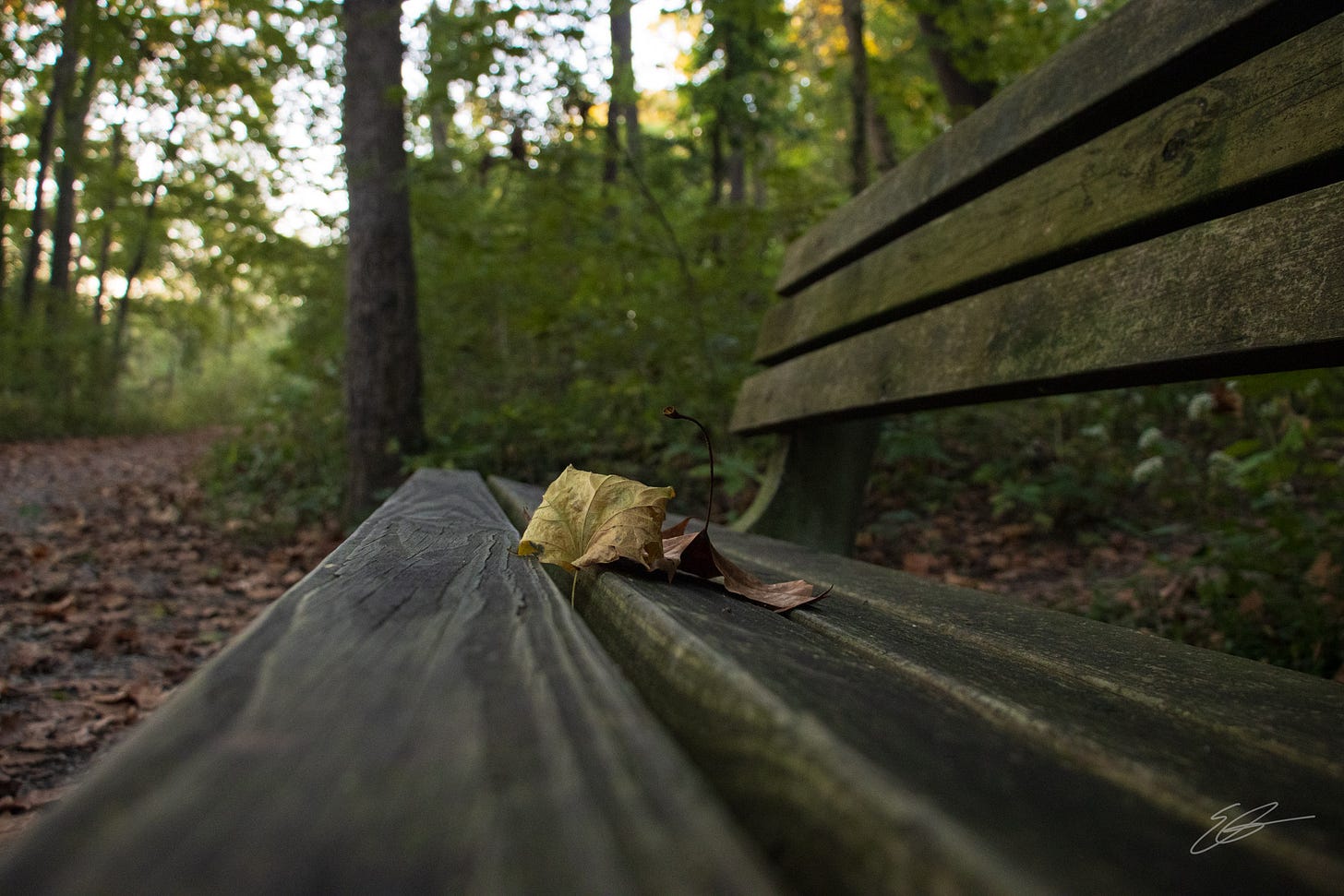
“It’s good to have at least one walk a day,” said Jane, after a few steps. “Though I don’t really like to go for a walk without a dog.” “Why is that?” “A dog gives a walk a purpose.” “How?” “Well, you are making someone else happy.” I thought of the rescue dogs at Jane’s house in Tanzania, and how she never seemed happier than when she was surrounded by all creatures great and small.21
Thank you Dr. Goodall. We will try to continue your courageous and vital work.
Grace, Peace, Love, Hope, and Joy,
Ed
Douglas Adams is also the author on a similar type of book about joy. It is a conversation between him, the Dalai Lama and Archbishop Desmond Tutu. You can find it here. It is a wonderful read.
Goodall, Jane; Abrams, Douglas. The Book of Hope: A Survival Guide for Trying Times (Global Icons Series) (p. 234). Kindle Edition.
pp. 10-11
p. 10
pp. 11-12
p. 26
p. 29
p. 55
pp. 59-60
p. 60
p. 60
pp. 62-63
p. 104
p. 105
p. 107
p. 113
pp. 154-155
p. 186
p. 211
pp. 215-216
p. 65




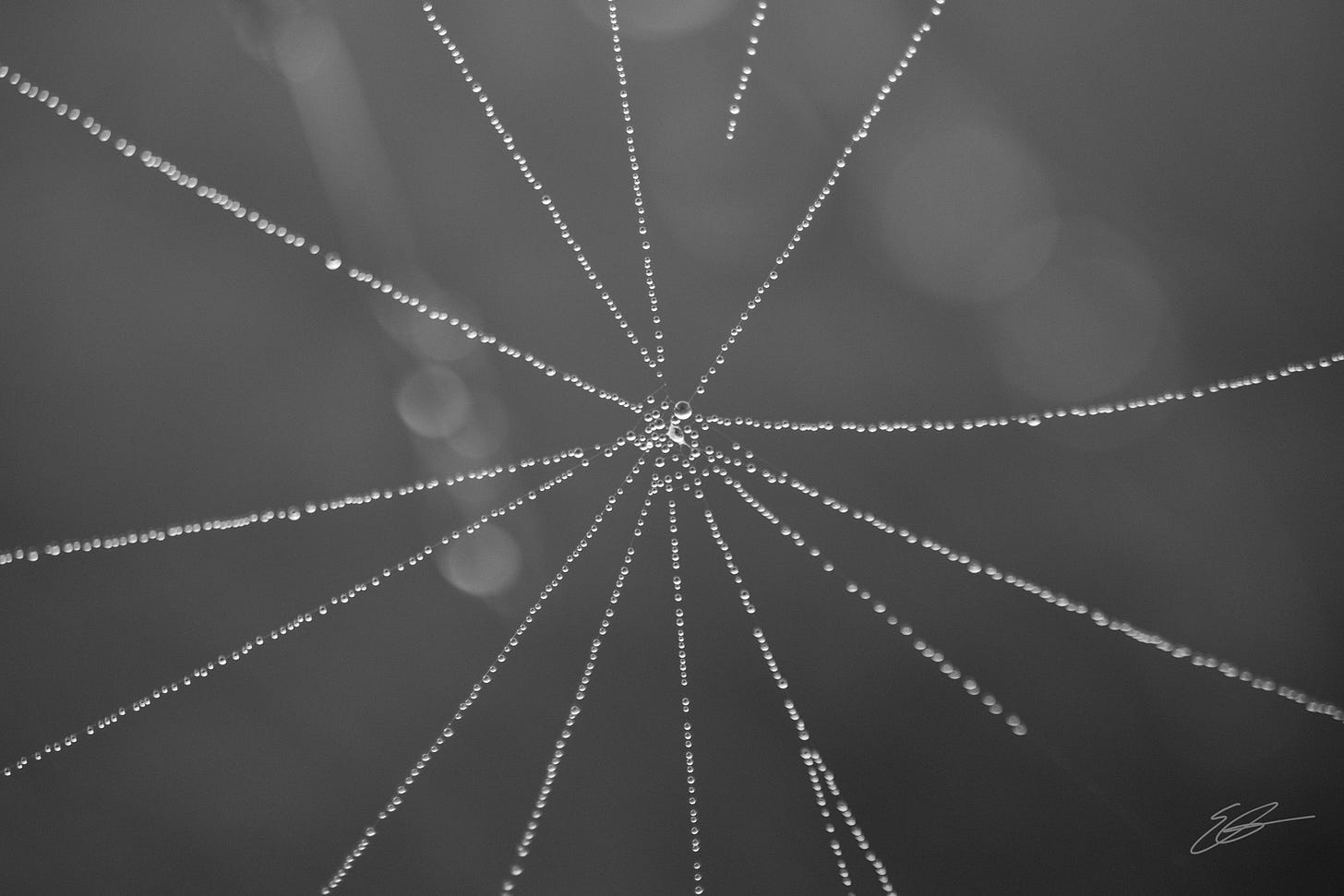
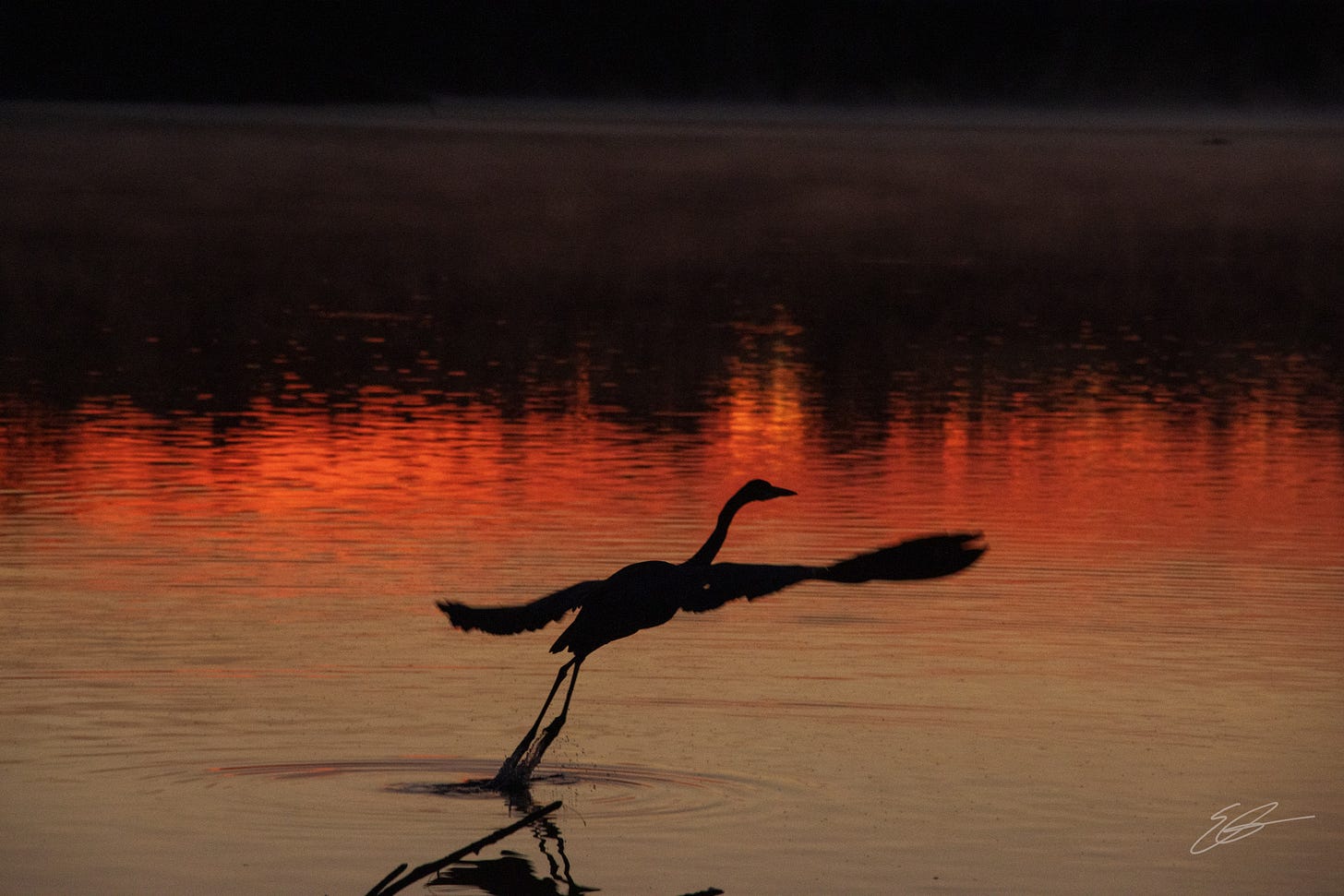


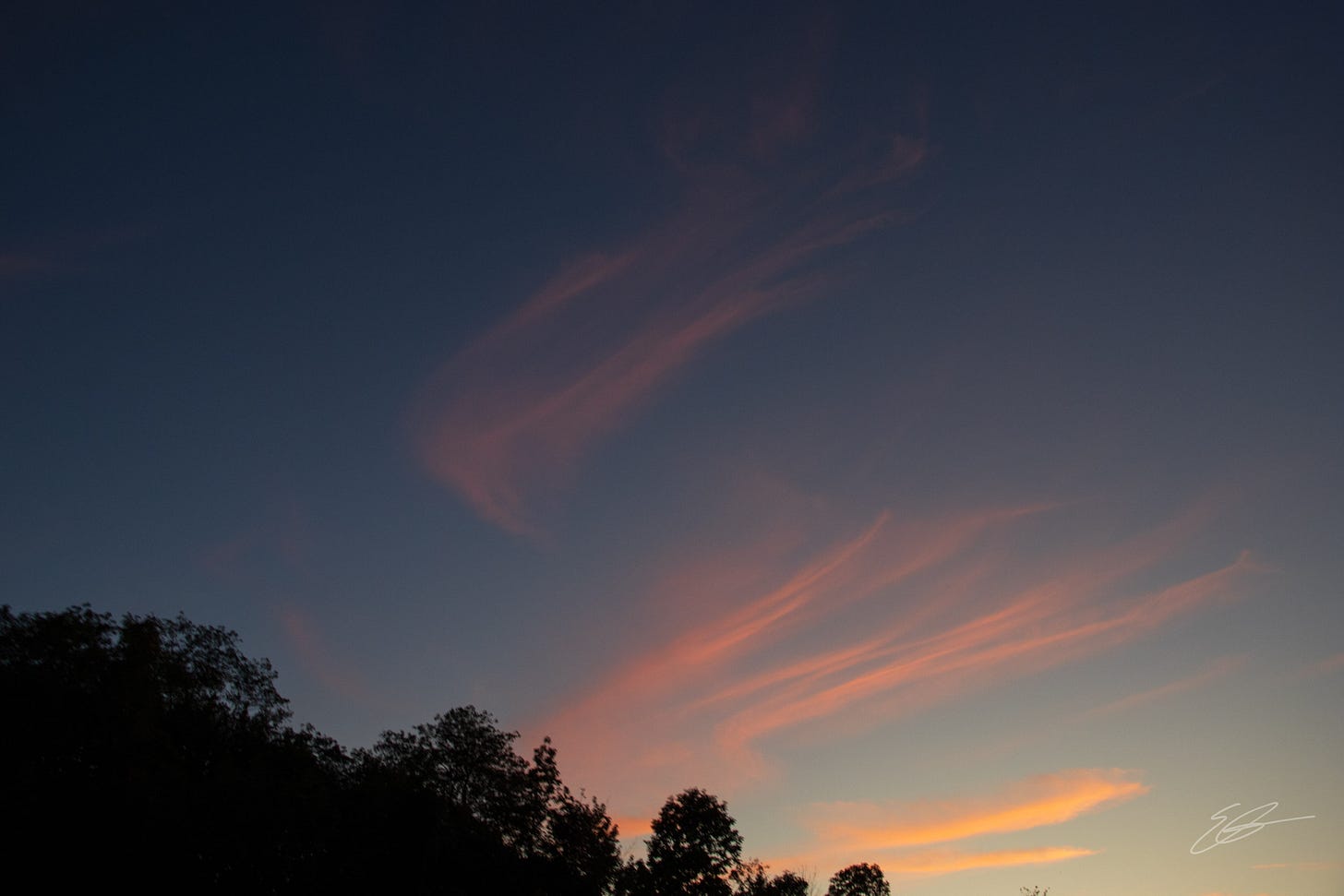
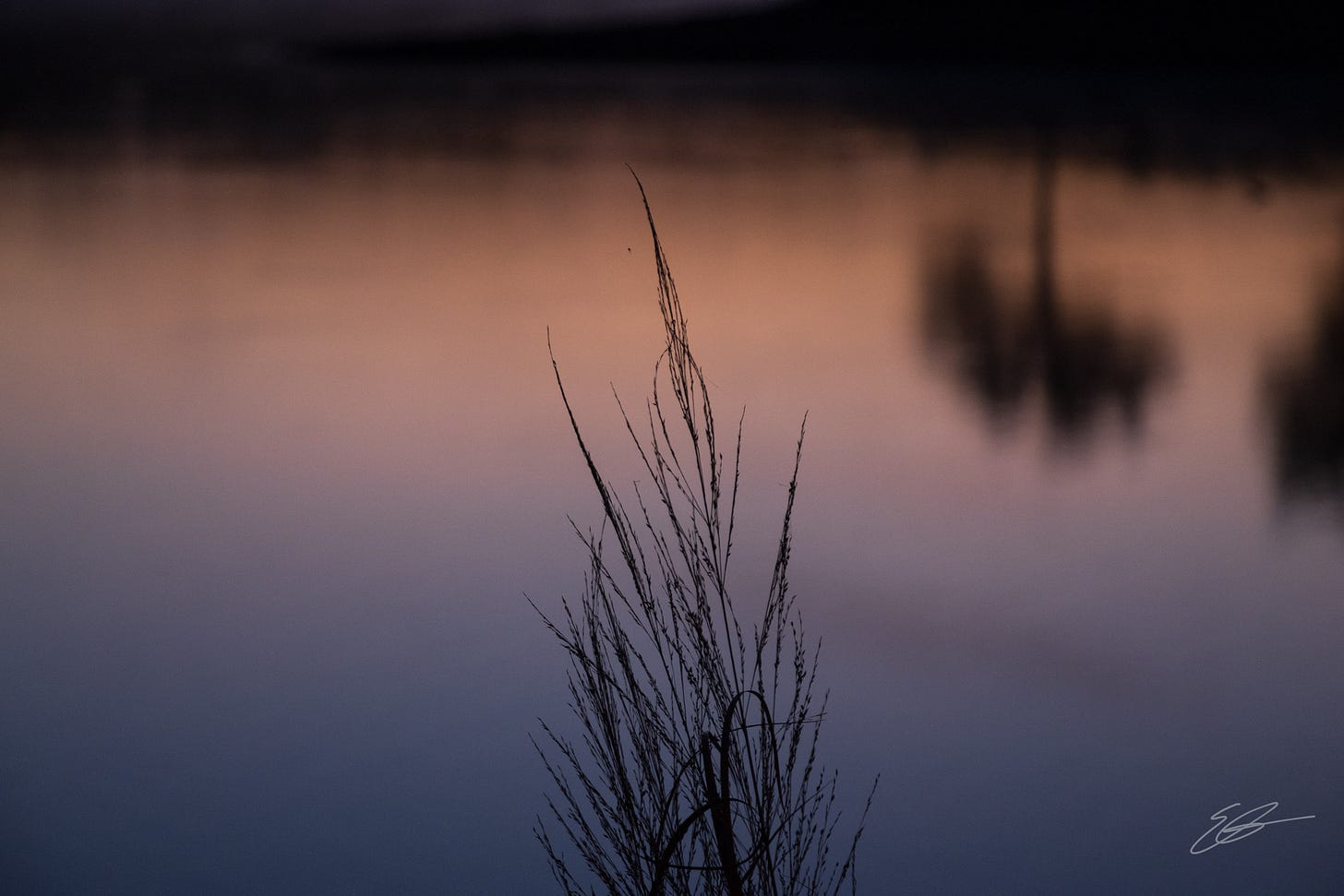



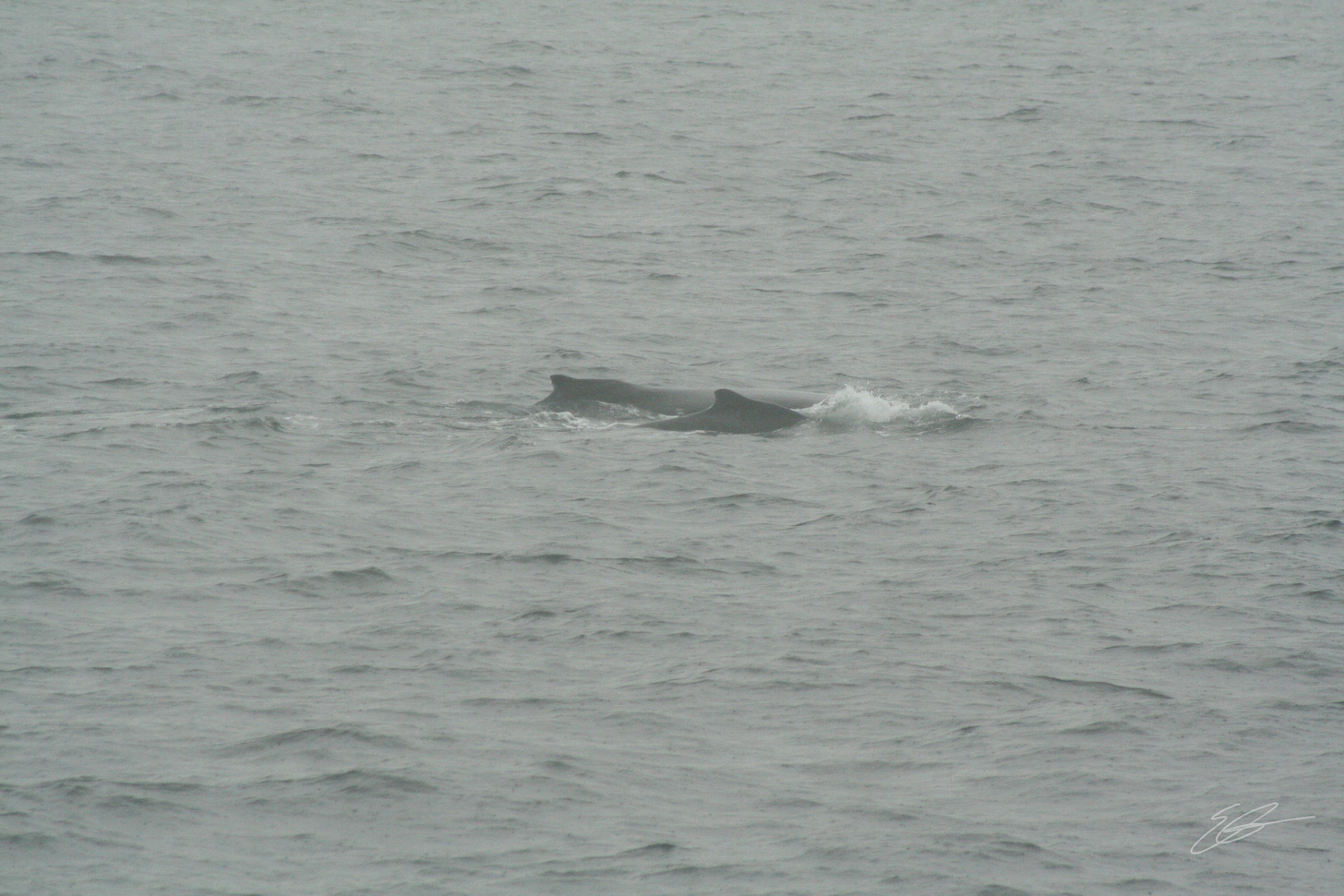
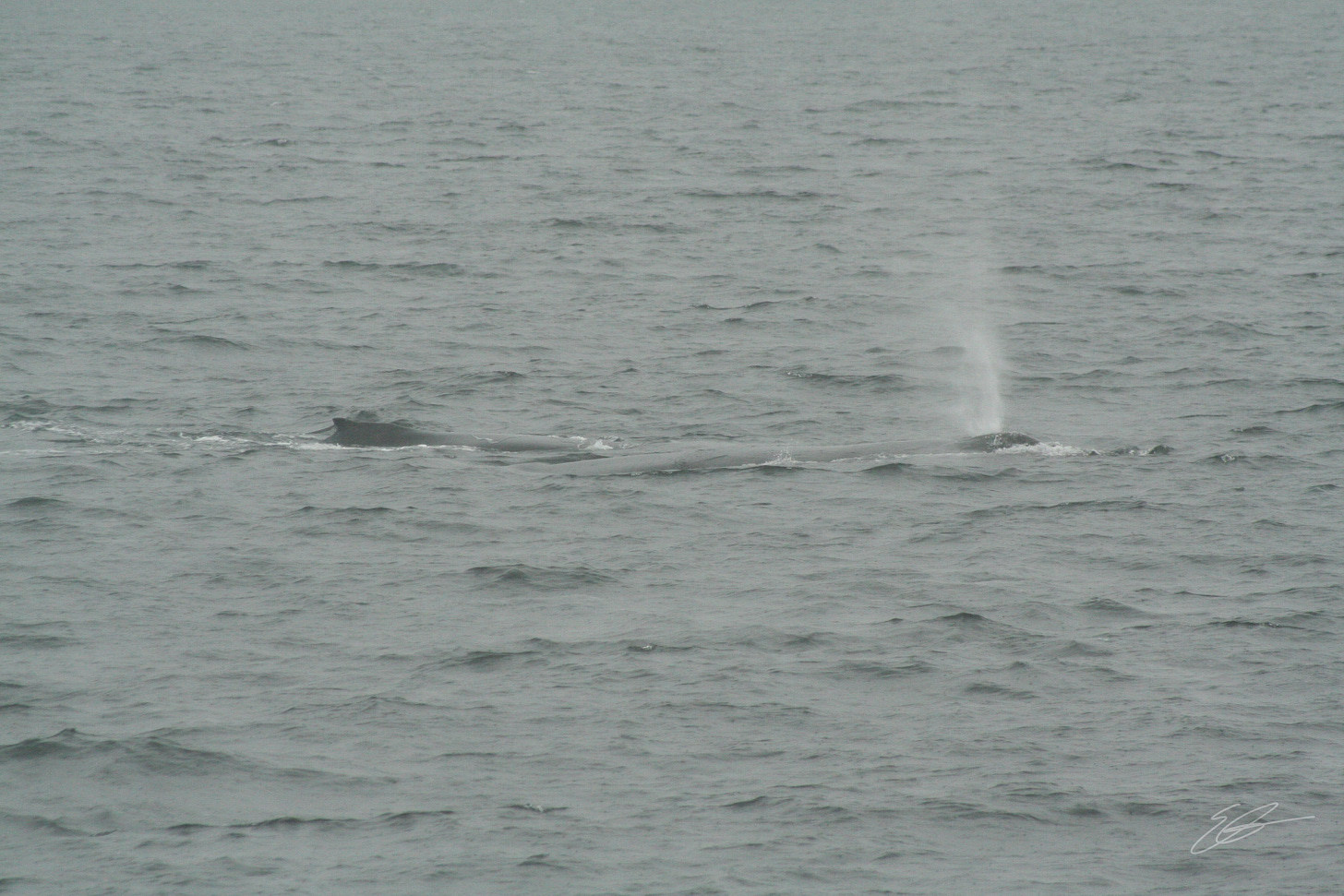
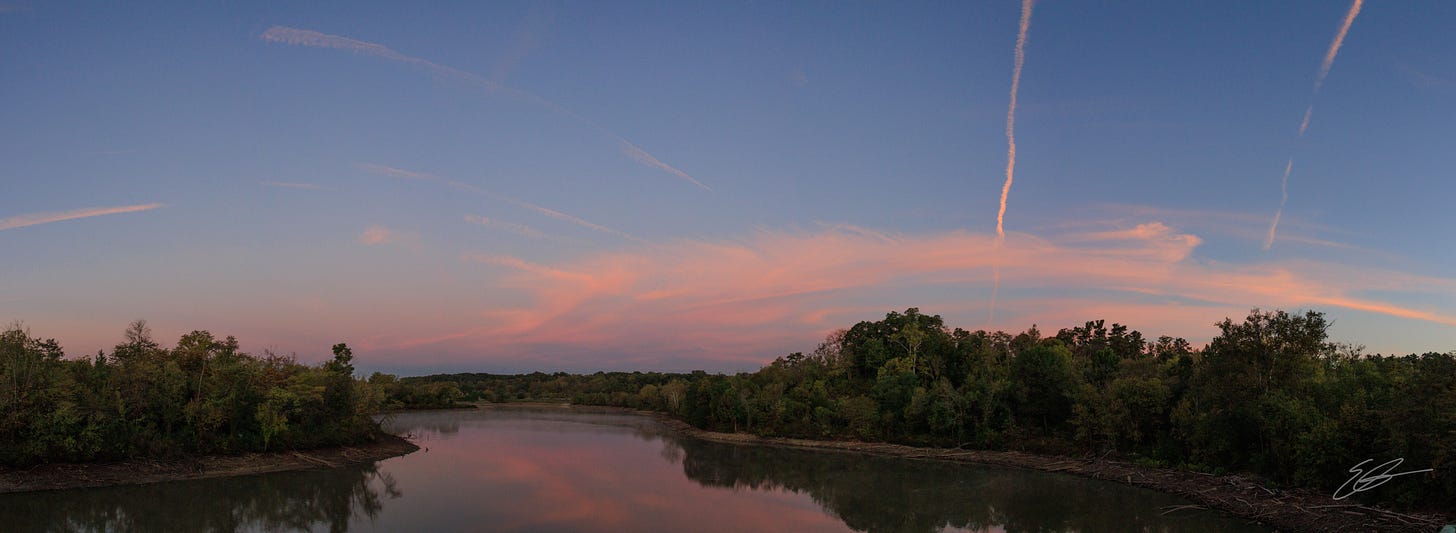
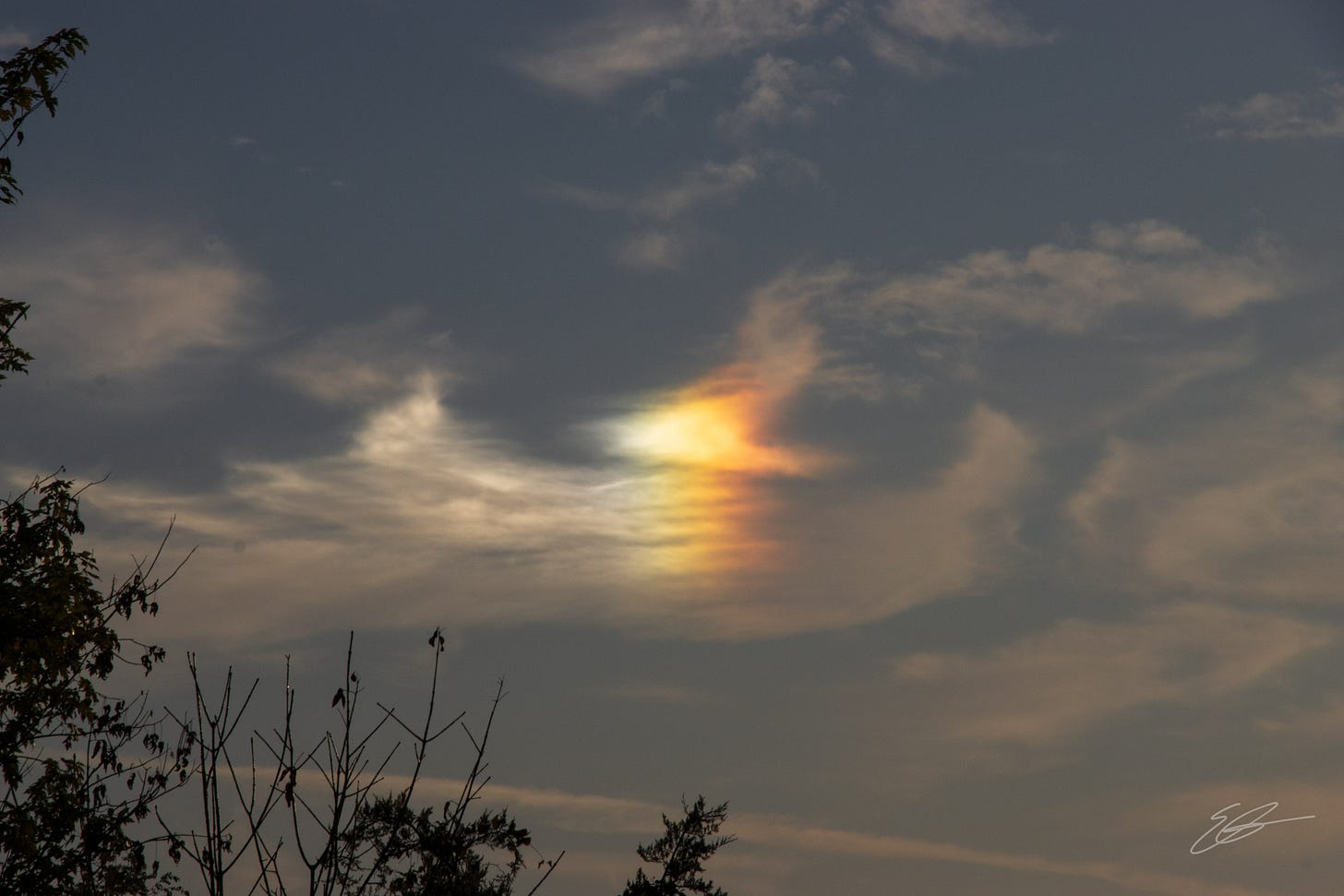



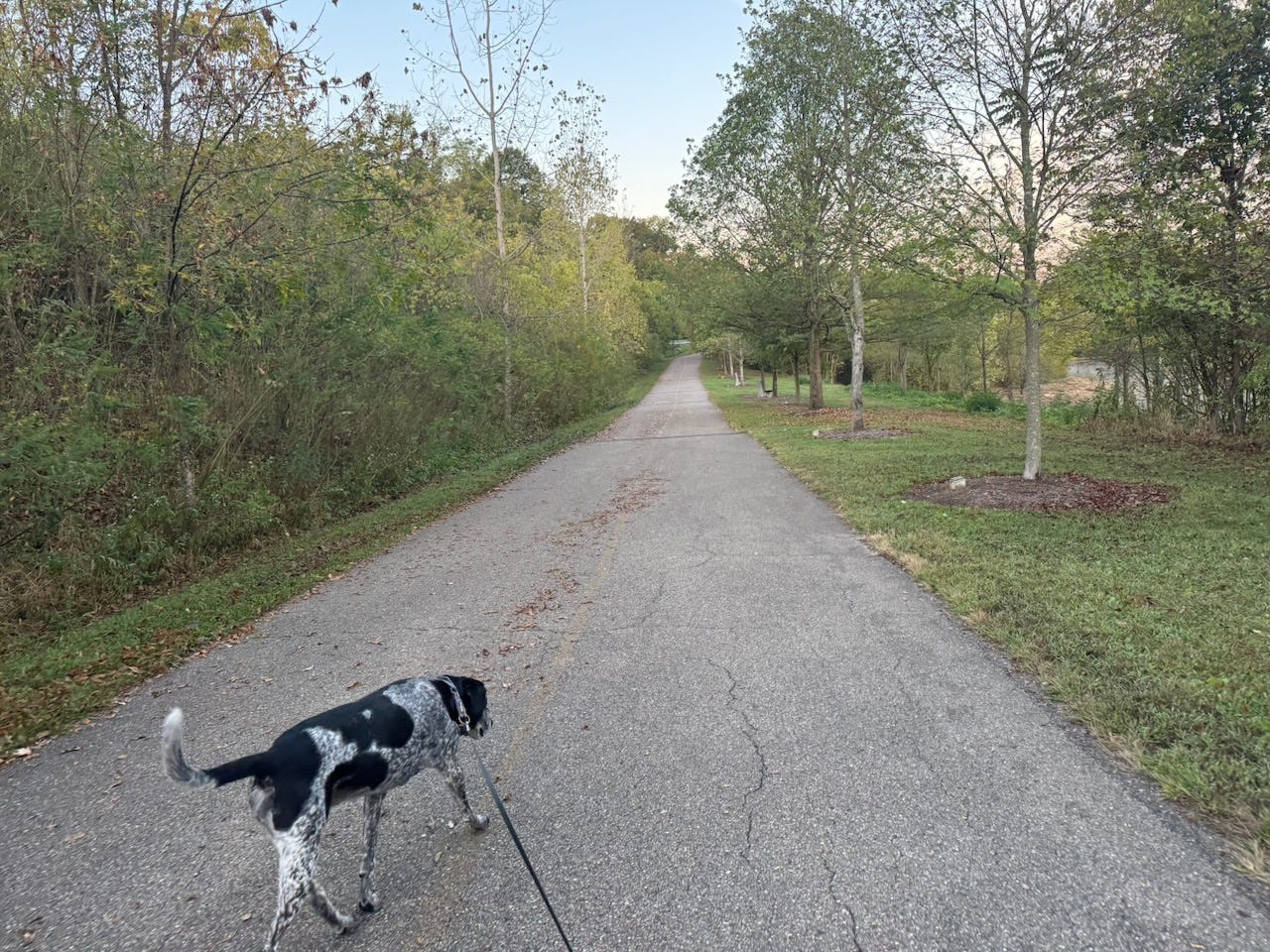
A wonderful human being. Wish there were more more of those types. RIP, Jane.
I also upgraded! The wisdom in the piece is just what we so desperately need!